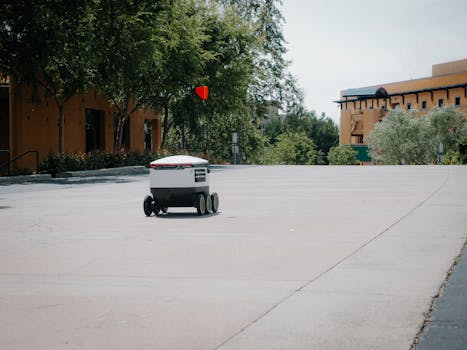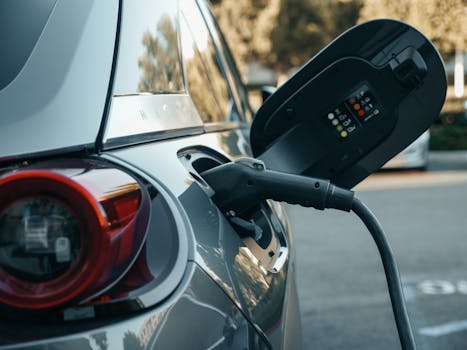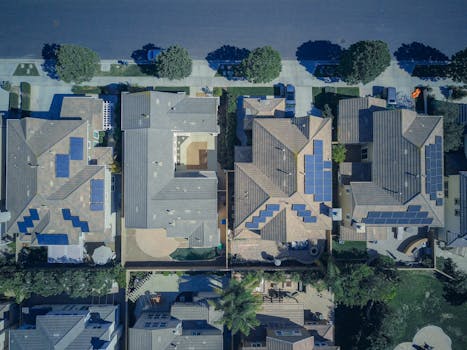
Smart Cities: Urban Trends for 2025
Smart Cities are revolutionizing the way we live, work, and interact with our urban environments. As we approach 2025, it’s essential to explore the latest trends and innovations that will shape the future of our cities. Smart Cities are at the forefront of this revolution, leveraging technology, sustainability, and innovative design to create better living spaces for citizens.
Section 1: Introduction to Smart Cities

Smart Cities are urban areas that utilize information and communication technologies (ICT) to enhance the quality of life for their citizens. These cities are designed to be efficient, sustainable, and resilient, with a focus on improving the overall well-being of their inhabitants. From smart transportation systems to energy-efficient buildings, Smart Cities are redefining the way we experience urban life.
Section 2: Urban Trends for 2025

As we look to 2025, several key trends are emerging that will shape the future of Smart Cities. These include:
- Sustainable Infrastructure: Cities are investing in green infrastructure, such as parks, green roofs, and green spaces, to mitigate the urban heat island effect and improve air quality.
- Smart Transportation Systems: Electric and self-driving vehicles are becoming increasingly popular, reducing congestion and emissions in urban areas.
- Energy-Efficient Buildings: Buildings are being designed with energy efficiency in mind, incorporating features such as solar panels, wind turbines, and energy-efficient materials.
- Intelligent Waste Management: Cities are implementing smart waste management systems, using sensors and data analytics to optimize waste collection and disposal.
Section 3: Innovative Technologies

Several innovative technologies are being developed to support the growth of Smart Cities. These include:
- Internet of Things (IoT): The IoT is a network of physical devices, vehicles, and buildings that are embedded with sensors, software, and connectivity, allowing them to collect and exchange data.
- Artificial Intelligence (AI): AI is being used to analyze data and make decisions in real-time, optimizing city operations and improving public services.
- Blockchain: Blockchain technology is being used to secure data and enable secure transactions, supporting the development of smart cities.
Section 4: Conclusion

In conclusion, Smart Cities are at the forefront of urban innovation, leveraging technology, sustainability, and design to create better living spaces for citizens. As we approach 2025, it’s essential to stay informed about the latest trends and innovations shaping the future of our cities. By embracing these trends and technologies, we can create a better future for ourselves and for generations to come.





